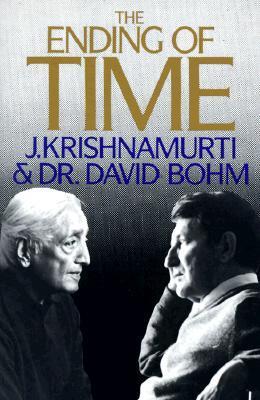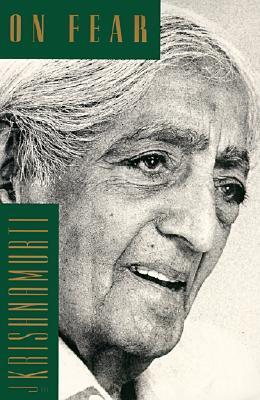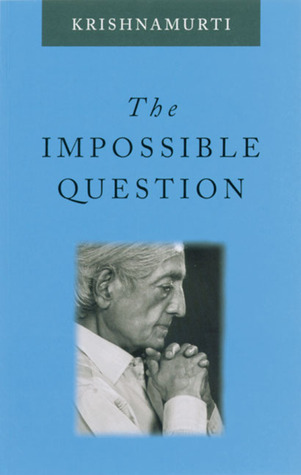
The Ending of Time
Book Description
What if the key to true freedom lies in the dissolution of time itself? In "The Ending of Time," J. Krishnamurti boldly challenges the very foundation of human existence, unraveling the intricate tapestry of thought, conditioning, and the relentless march of time. With each page, profound insights ignite a passionate dialogue that transcends borders and belief systems, urging a radical shift in perception. As he peels back the layers of self, identities crumble and possibilities explode. Can liberation from the past lead to a future unbound by fear and conflict? Dare to confront the essence of your own existence.
Quick Book Summary
"The Ending of Time" is a provocative philosophical exploration authored by J. Krishnamurti in dialogue with renowned physicist David Bohm. Through their conversations, the book delves into the fundamental nature of human consciousness, psychological conditioning, and the role of time in shaping identity and conflict. By unraveling how thought patterns, born from past experiences, impose limitations on perception, Krishnamurti suggests that true transformation—personal and societal—demands a radical break from time-bound thinking. The work traverses philosophy, spirituality, and science, challenging readers to examine the roots of psychological suffering and the divisions bred by the self. Ultimately, Krishnamurti proposes that only through the dissolution of psychological time and the ending of self-centered thought can humanity glimpse true freedom and peace.
Summary of Key Ideas
Table of Contents
The Meaning and Limitation of Time in Human Thought
Krishnamurti and Bohm begin their dialogue by questioning the foundational role of time in human consciousness. They argue that most psychological conflict arises from the mind's dependence on the past—memories, experiences, and knowledge—to frame both the present and the future. This temporal continuity, while essential in practical matters, becomes a source of limitation and suffering when applied to perceptions of self and existence. The book scrutinizes how this habitual projection of time prevents genuine change and keeps individuals trapped in cycles of fear and desire.
The Psychological Structure of the Self
Central to their exploration is the investigation of the psychological self—the 'center' or 'ego' shaped by thought and sustained through identification with past experiences. Krishnamurti challenges the reader to observe the processes of thought without interference or judgment, revealing how the self is nothing more than a product of accumulated memories and social conditioning. This insight uncovers how divisions between individuals, communities, and nations stem from deeply rooted psychological patterns, leading to conflict and alienation.
Breaking the Cycle of Conditioning and Conflict
Conditioning, both psychological and cultural, forms a stronghold from which most actions, beliefs, and emotions emerge. The authors discuss how breaking this conditioning is essential for creativity and peace. They suggest that intellectual understanding alone is insufficient; true change requires a direct perception of the conditioned mind in action. Through attentive awareness and deep listening, one can dissolve these ingrained patterns and move towards a mind unclouded by fear or prejudice.
The Possibility of Radical Transformation
The possibility of radical transformation arises when the roots of psychological time and self-centered thought are thoroughly questioned. Krishnamurti proposes that such transformation is not a distant ideal but an immediate potential, accessible through a shift in perception. When the mind is no longer bound by time—no longer projecting the past into the future—it can experience a state of wholeness, clarity, and compassion. This movement beyond time is, in essence, the ending of psychological suffering and the awakening to a new dimension of living.
Dialogue Beyond Individual Perspectives
Throughout their dialogue, Krishnamurti and Bohm emphasize the importance of genuine communication—dialogue that transcends individual biases and fixed viewpoints. This collective inquiry is portrayed as vital to dissolving personal and societal fragmentation. In such an environment, thought can become creative and integrative rather than divisive. "The Ending of Time" ultimately urges readers to embark on an intimate journey of self-inquiry, implying that freedom from the known, and thus from time, is the gateway to true peace and intelligence.
Download This Summary
Get a free PDF of this summary instantly — no email required.





